Benefits of Doing IVF with Egg Donation in Mexico
.jpg)
Planning for a family can be an exciting journey, but for many, it also comes with unique challenges. When natural conception isn't possible, fertility treatments like In Vitro Fertilization (IVF) with egg donation offer a beacon of hope.
However, the costs associated with these procedures, especially in countries like the United States or Canada, can be prohibitive for many couples and individuals. This financial barrier often leads people to explore international options, and Mexico has emerged as a leading destination for affordable, high-quality fertility care.
If you're considering IVF with egg donation, understanding the financial commitment is crucial. In Mexico, you'll find that the cost of these life-changing treatments is considerably lower without compromising on medical standards or success rates.
This comprehensive guide will break down the typical expenses, explain why Mexico is a cost-effective choice, and answer all your important questions to help you make an informed decision about pursuing your dream of parenthood.
How much does IVF with egg donation cost in Mexico?
The price of IVF with egg donation in Mexico is a significant draw for many international patients. While exact figures can vary depending on the clinic, the specific package, and individual patient needs, a common range is between $10,000 and $15,000.
This price point often includes the cost of the egg donor, her screening, the IVF procedure itself, and a portion of the necessary medications. It's a stark contrast to prices in the United States, where the same procedure can easily cost $30,000 to $40,000 or more, making Mexico a financially viable alternative.
This affordability doesn't mean a compromise on quality. Many Mexican fertility clinics boast state-of-the-art facilities, highly trained specialists, and excellent success rates that are comparable to those in more expensive countries.
The lower operational costs, competitive medical fees, and favorable exchange rates contribute to these significant savings, making advanced fertility treatments accessible to a wider range of patients seeking to build their families.
Why is IVF with egg donation more affordable in Mexico than the US or Canada?
The primary reasons for the cost difference in IVF with egg donation between Mexico and countries like the US or Canada are multifaceted. First, the general cost of living and labor in Mexico is lower.
This translates directly to reduced operational expenses for fertility clinics, including staff salaries, facility maintenance, and administrative overhead. These savings are then passed on to the patients, making the procedures more accessible.
Additionally, medical malpractice insurance premiums, which significantly impact healthcare costs in countries like the United States, are considerably lower in Mexico. This factor alone can account for a substantial portion of the price discrepancy.
Furthermore, Mexico's competitive medical tourism market encourages clinics to offer attractive pricing while maintaining high standards to draw international patients, ensuring that quality care remains a priority.
It's important to understand that affordability in Mexico does not equate to inferior quality. Many Mexican fertility clinics adhere to international medical standards, employing highly qualified doctors and embryologists, and utilizing advanced technology. They are often equipped with modern laboratories and offer personalized patient care, providing a safe and effective environment for fertility treatments.
What is typically included in an IVF with egg donation package in Mexico?
When considering IVF with egg donation in Mexico, understanding what's included in a typical package is essential for budgeting and planning. Most comprehensive packages are designed to cover the core aspects of the treatment, providing transparency and helping patients avoid unexpected costs. While specifics can vary by clinic, common inclusions are:
- Egg Donor Selection and Compensation: This covers the costs associated with finding and compensating a healthy, screened egg donor.
- Donor Screening: Extensive medical and psychological screening of the donor to ensure her health and suitability, reducing risks for both the donor and recipient.
- Ovarian Stimulation for the Donor: The medication and monitoring required to stimulate the donor's ovaries to produce multiple eggs.
- Egg Retrieval Procedure: The surgical procedure to collect eggs from the donor.
- Sperm Preparation: Processing of the male partner's or donor's sperm for fertilization.
- Fertilization (IVF/ICSI): The laboratory process of fertilizing the retrieved eggs with sperm, often using Intracytoplasmic Sperm Injection (ICSI).
- Embryo Culture: Monitoring the development of embryos in the lab over several days.
- Embryo Transfer: The procedure to transfer the selected embryo(s) into the recipient's uterus.
- Initial Medications: Some packages include medications for the recipient, such as preparation for embryo transfer, though this can vary.
It's crucial to clarify with your chosen clinic exactly what is and isn't included in their specific IVF with egg donation package. Always ask for a detailed breakdown of costs to ensure you have a complete picture of the expenses.
Are there any hidden costs associated with IVF with egg donation in Mexico?
While Mexico offers excellent value for IVF with egg donation, it's wise to be aware of potential additional or "hidden" costs that might not be part of the initial package price. Being prepared for these can help prevent financial surprises during your treatment journey. Here are some common elements that might incur extra charges:
- Medications: Although some initial medications might be included, extensive medication protocols for the recipient (e.g., progesterone, estrogen, specialized immune therapies) are often an additional expense. These can significantly add to the overall cost, so inquire about estimated medication costs specific to your treatment plan.
- Genetic Testing: Preimplantation Genetic Testing (PGT), such as PGT-A for aneuploidy screening, PGT-M for monogenic diseases, or PGT-SR for structural rearrangements, is an elective procedure and typically not included in standard packages. This testing can add several thousand dollars.
- Embryo Freezing and Storage: If you have viable embryos remaining after your fresh transfer, freezing them for future use (cryopreservation) and their subsequent annual storage fees will be an additional charge.
- Travel and Accommodation: These are significant non-medical costs. Flights, hotels, ground transportation, and daily living expenses for the duration of your stay in Mexico (which could be 1-3 weeks depending on the protocol) should be factored into your budget.
- Consultations and Diagnostics: Initial diagnostic tests for the recipient, such as specialized blood work, hysteroscopy, or advanced sperm analysis, might be extra if not explicitly covered.
To avoid unexpected expenses, always request a comprehensive itemized quote from the clinic. Discuss your full medical history and ask about any potential procedures or medications that might be recommended for your specific situation. A reputable clinic will provide clear information about all potential costs upfront.
How do I choose a reputable clinic for IVF with egg donation in Mexico?
Selecting the right fertility clinic is perhaps the most critical step in your IVF journey. With numerous options in Mexico, it's important to do thorough research to ensure you choose a reputable and high-quality facility. Here's what to look for:
- Accreditations and Certifications: Look for clinics that are accredited by recognized international or national bodies. While Mexico has its own regulatory framework, some clinics also seek international certifications that speak to their quality standards, such as those from the Joint Commission International (JCI), though this is less common for specialized fertility clinics. Check for national certifications like COFEPRIS approval (Comisión Federal para la Protección contra Riesgos Sanitarios).
- Doctor Qualifications and Experience: Research the fertility specialists. Ensure they are board-certified in reproductive endocrinology and infertility, have extensive experience specifically with egg donation IVF, and are members of relevant professional organizations (e.g., American Society for Reproductive Medicine - ASRM, European Society of Human Reproduction and Embryology - ESHRE, or the Mexican Association of Reproductive Medicine - AMMR).
- Success Rates: Ask for the clinic's success rates for IVF with egg donation, specifically for your age group, if applicable. Be cautious of clinics that boast unrealistically high success rates or are unwilling to share their data transparently. Reputable clinics are open about their statistics.
- Patient Testimonials and Reviews: Read reviews and testimonials from previous international patients. Look for feedback on patient care, communication, transparency, and overall experience. Online forums and medical tourism platforms can be good resources for this.
- Communication and Support: Assess how effectively the clinic communicates. Do they offer services in English? Is their team responsive to your questions? Do they provide clear, comprehensive information? Strong communication is vital, especially when coordinating treatment from another country.
- Facility and Technology: Inquire about the clinic's facilities and the technology they use. Modern labs, advanced embryology techniques, and well-maintained equipment are indicators of a high-quality clinic.
Don't hesitate to schedule virtual consultations with a few different clinics to compare their approaches, costs, and to gauge your comfort level with their teams before making a final decision.
What are the success rates for IVF with egg donation in Mexico?
One of the most reassuring aspects of pursuing IVF with egg donation in Mexico is the high success rates. These rates are often comparable to, and sometimes even surpass, those found in clinics in the United States and Canada. The primary reason for this strong performance lies in the nature of egg donation itself: it utilizes eggs from young, healthy donors who have undergone rigorous screening.
Typically, clinics in Mexico report clinical pregnancy rates (heartbeat detection) ranging from 60% to 75% per embryo transfer when using donor eggs. These figures are generally higher than IVF cycles using a woman's own eggs, especially for women over the age of 35-40, because donor eggs circumvent age-related declines in egg quality. The consistency in quality among donor eggs leads to a better chance of viable embryo creation and successful implantation.
However, it's important to remember that success rates can vary slightly between clinics and also depend on individual patient factors, such as the recipient's uterine health, overall health, and the quality of the sperm used. When reviewing success rates, ensure you understand what metric the clinic is reporting (e.g., clinical pregnancy rate, live birth rate, per transfer, per cycle started) and compare these consistently across different clinics.
What factors can influence the total cost of IVF with egg donation in Mexico?
While the base cost for IVF with egg donation in Mexico offers significant savings, several factors can influence the final total expenditure. Being aware of these variables allows for more accurate budgeting and planning:
- Clinic Reputation and Location: More renowned clinics, or those located in popular medical tourism hubs like Cancun, Tijuana, or Mexico City, might have slightly higher prices compared to smaller, lesser-known clinics in less central areas.
- Type of Egg Donation:
- Fresh Egg Donation: Involves synchronizing the donor's cycle with the recipient's, leading to higher success rates but potentially higher costs due to additional coordination and medication for the donor.
- Frozen Egg Donation: Uses eggs from a cryopreserved bank. This can sometimes be slightly less expensive and offers more flexibility in timing, though the success rates are marginally lower than fresh cycles for some clinics.
- Additional Procedures and Services:
- Preimplantation Genetic Testing (PGT): Screening embryos for chromosomal abnormalities or specific genetic diseases adds a substantial cost.
- Embryo Freezing and Storage: If you have extra embryos, cryopreservation and annual storage fees will be extra.
- Intracytoplasmic Sperm Injection (ICSI): While often included in IVF packages, some clinics might list it as an add-on.
- Assisted Hatching: A lab technique to help the embryo implant, sometimes offered as an extra.
- Medications: The cost of medications for the recipient can vary significantly based on the protocol prescribed and whether these are included in the package.
- Number of Transfers: Most packages include one fresh embryo transfer. If subsequent frozen embryo transfers are needed, these will incur additional costs, including preparation medications and the transfer procedure itself.
It's crucial to have a detailed discussion with your chosen clinic about your specific treatment plan and to receive a comprehensive itemized cost breakdown to understand all potential expenses.
Is Mexico a safe destination for medical tourism, specifically for IVF?
The question of safety is a natural and important concern for anyone considering medical treatment abroad. For medical tourism, Mexico has developed a strong reputation, particularly in specific regions and for certain specialties like fertility treatment. Many clinics catering to international patients are located in major cities or tourist-friendly zones such with established infrastructure and security measures.
When choosing Mexico for IVF, it's important to select a clinic that prioritizes patient safety and has a track record of successfully treating international clients. These clinics often have English-speaking staff, provide clear instructions, and may even assist with local transportation and accommodation arrangements.
Popular medical tourism destinations within Mexico, such as Tijuana, Cancun, Guadalajara, and Mexico City, have numerous high-standard medical facilities and a robust tourism industry that supports international visitors.
While general travel precautions should always be observed, as with any international trip, the risks associated with medical tourism in Mexico can be mitigated by choosing accredited clinics, staying in reputable areas, and arranging reliable transportation.
Focus on clinics that offer transparency in their processes and are willing to address all your safety concerns, ensuring you feel comfortable and secure throughout your treatment journey.
What are the legal aspects of egg donation and IVF in Mexico?
Understanding the legal landscape surrounding fertility treatments is crucial when undergoing IVF with egg donation in a foreign country. In Mexico, the legal framework for assisted reproductive technologies (ART), including IVF and egg donation, is generally permissive and supportive, making it an attractive destination for many international patients. However, it's important to note that specific regulations can vary by state within Mexico.
Key legal aspects often include:
- Anonymity of Egg Donors: Anonymous egg donation is widely practiced and legally accepted in Mexico. This means donors typically remain anonymous to the recipient parents, although clinics maintain detailed records for medical purposes. Some clinics may offer programs with known donors, but anonymity is the norm.
- Parental Rights: Generally, the intended parents who undergo IVF with egg donation in Mexico are recognized as the legal parents of the child born as a result of the procedure. Clinics ensure that appropriate consent forms are signed by all parties to establish clear parental rights.
- Single Individuals and Same-Sex Couples: Mexico's legal framework is often inclusive, allowing single individuals and same-sex couples to access IVF with egg donation, which may not be possible or straightforward in their home countries.
- Surrogacy: While related to fertility treatment, surrogacy laws in Mexico are more complex and vary significantly by state, with some states having clear regulations and others having prohibitions. It is crucial to consult legal experts specifically on surrogacy if it is part of your family-building plan.
It is always advisable to consult with a legal professional specializing in international family law or reproductive law from your home country and potentially a local Mexican lawyer to fully understand the legal implications and to ensure smooth recognition of parental rights upon returning home. Reputable clinics will also provide guidance on Mexican legal requirements.
What travel and accommodation considerations should I make for IVF treatment in Mexico?
Undergoing IVF with egg donation in Mexico involves more than just the medical procedure; it requires careful planning for your travel and stay. A well-organized trip can reduce stress and allow you to focus on your treatment. Here are key considerations:
- Duration of Stay: Depending on your treatment protocol (fresh vs. frozen transfer) and individual needs, you may need to stay in Mexico for 1 to 3 weeks. Plan for enough flexibility, as exact dates can sometimes shift based on your cycle or the donor's response.
- Flights and Transportation: Book your flights well in advance for better rates. Research direct flights to the nearest international airport to your chosen clinic. Once you arrive, consider reliable transportation options, such as airport transfers arranged by the clinic, reputable taxi services, or ride-sharing apps, especially for trips to and from the clinic.
- Accommodation: Choose accommodation that is comfortable, safe, and conveniently located near your fertility clinic. Many patients prefer hotels with kitchenettes or short-term rental apartments (like Airbnb) to manage meals and provide a more homely environment during their stay. Inquire if the clinic has partnerships with local hotels for discounted rates.
- Travel Companion: It is highly recommended to travel with a partner, family member, or friend. Having emotional support is invaluable, and a companion can assist with logistics, attend appointments, and provide comfort during a potentially demanding time.
- Budget for Non-Medical Expenses: Beyond flights and accommodation, remember to budget for food, local transportation, any leisure activities, and unexpected expenses. While medical costs are lower, living expenses still apply.
- Passport and Visa: Ensure your passport is valid for at least six months beyond your planned return date. Check if you need a visa for Mexico based on your nationality and plan accordingly. Most visitors from the US and Canada do not need a visa for short tourist stays.
- Health Insurance: Verify if your existing health insurance offers any coverage for medical emergencies abroad, though it's unlikely to cover fertility treatments. Consider purchasing travel insurance that includes medical coverage for peace of mind.
Many clinics offer patient coordinators who can assist with travel logistics, providing recommendations for flights, hotels, and local transportation, which can greatly simplify your planning process.
Can I freeze my embryos from IVF with egg donation in Mexico and transport them internationally?
For many patients, especially those who may want more children in the future or wish to utilize their embryos in another location, the ability to freeze and transport embryos internationally is a significant consideration.
The good news is that it is generally possible to cryopreserve (freeze) embryos created through IVF with egg donation in Mexico and then have them transported to a fertility clinic in your home country or another destination.
However, this process is complex and involves several important steps and considerations:
- Clinic Coordination: You will need to coordinate closely with both your Mexican clinic and the receiving clinic in your home country. Both clinics must agree to the transfer and have the necessary protocols and facilities for shipping and receiving frozen embryos.
- Legal and Regulatory Requirements: International embryo transport is subject to strict legal and customs regulations in both the originating and destination countries. These regulations can cover aspects like consent forms, medical records, and specific permits. It is crucial to ensure all paperwork is correctly completed and compliant with all applicable laws.
- Specialized Shipping Services: Embryos must be transported in specialized cryogenic tanks to maintain their frozen state. This requires engaging a reputable and experienced international cryo-shipping company that specializes in transporting biological materials. These companies handle the logistics, customs clearance, and ensure the safe delivery of the embryos.
- Costs: The cost of international embryo transport can be substantial, including fees for the shipping company, administrative fees from both clinics, and any necessary legal consultations. These costs are typically not included in your initial IVF package.
- Storage Fees: Until the embryos are transported, they will incur storage fees at the Mexican clinic.
It's vital to discuss your intention to transport embryos with your Mexican clinic early in the process. They can provide guidance on their specific procedures, recommended shipping companies, and any Mexican legal requirements for export.
For individuals and couples seeking solutions in medical tourism, healthcare services, or other relevant offerings, explore the comprehensive options available at PlacidWay.




.png)


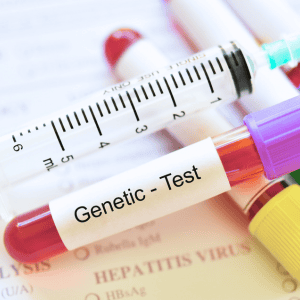

.png)
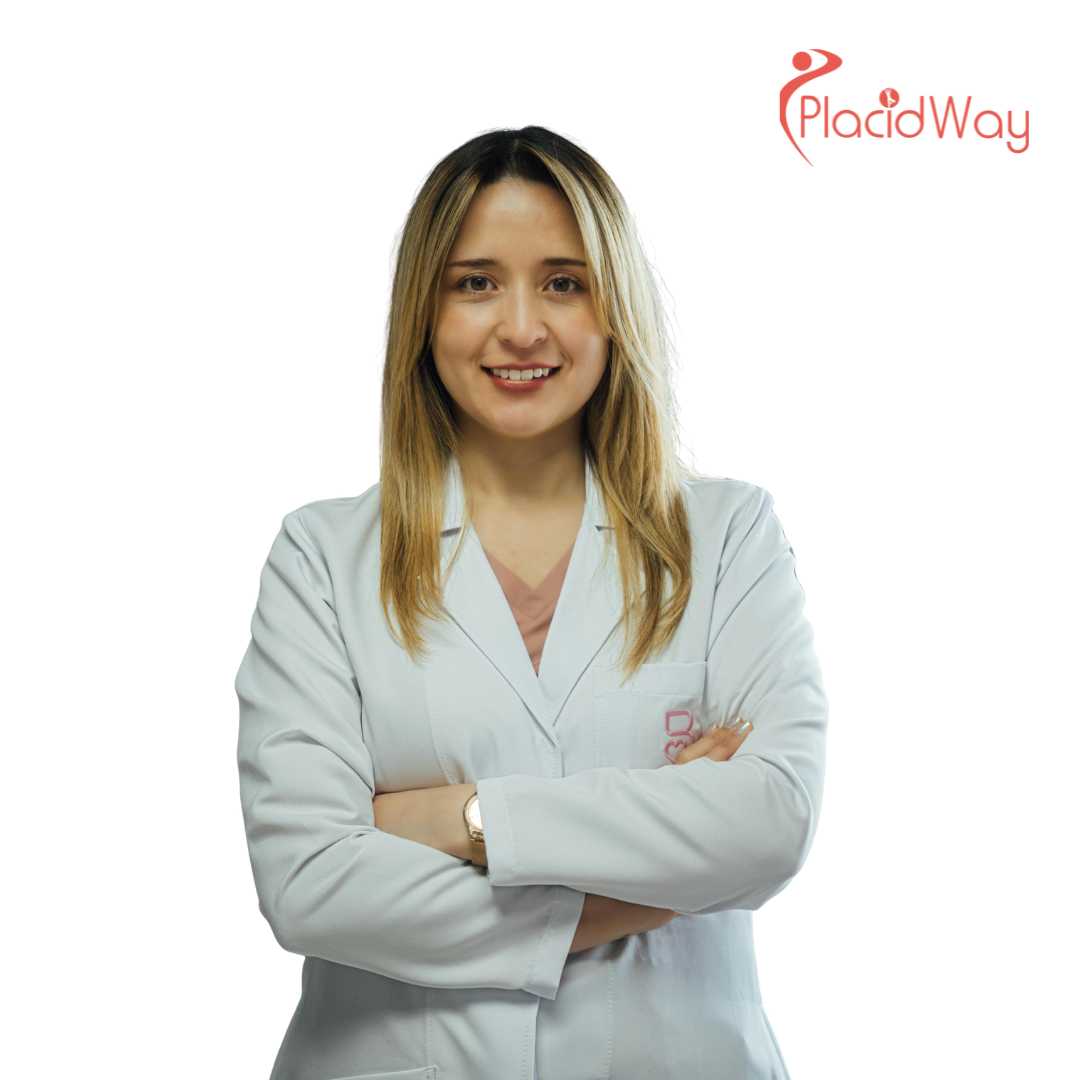
.png)

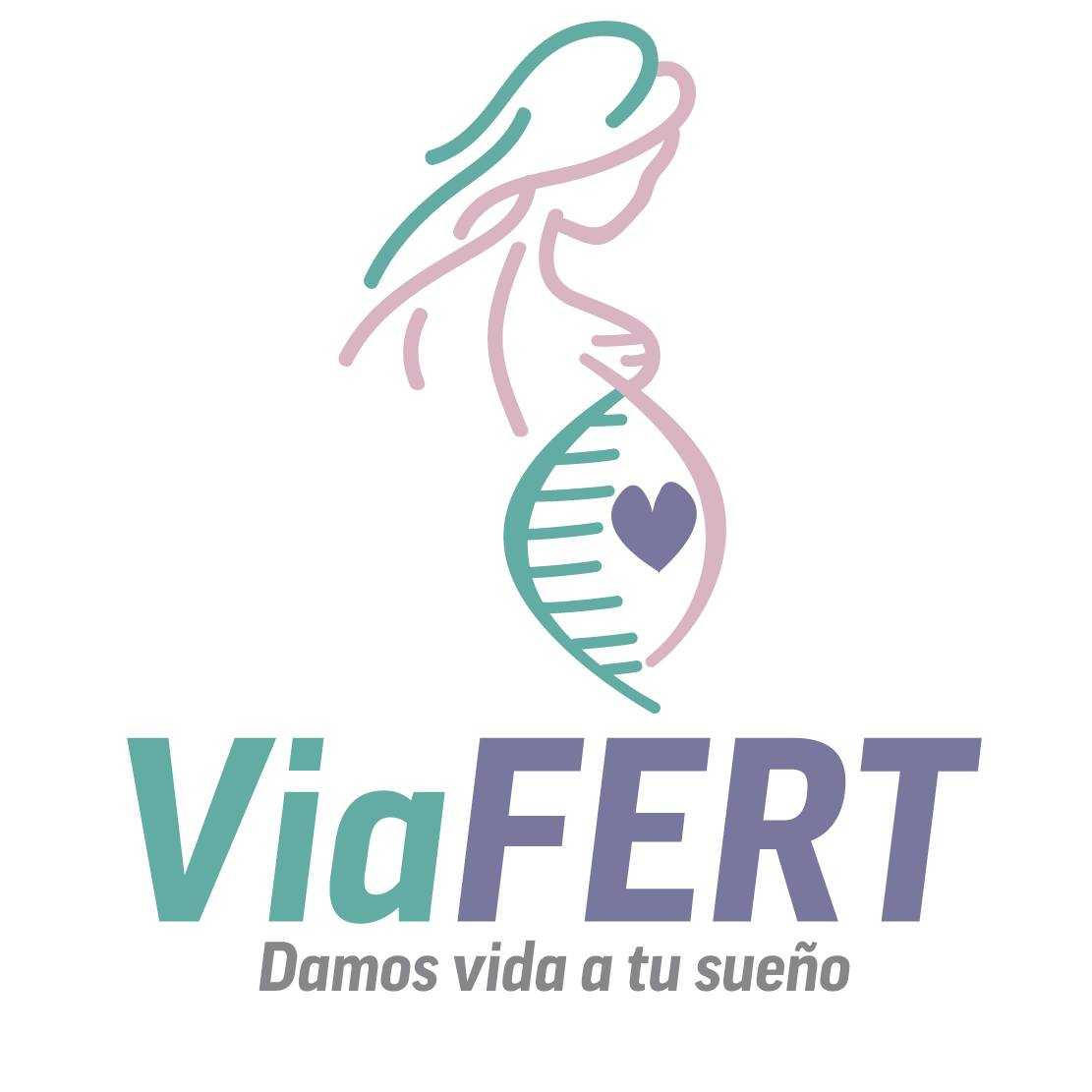
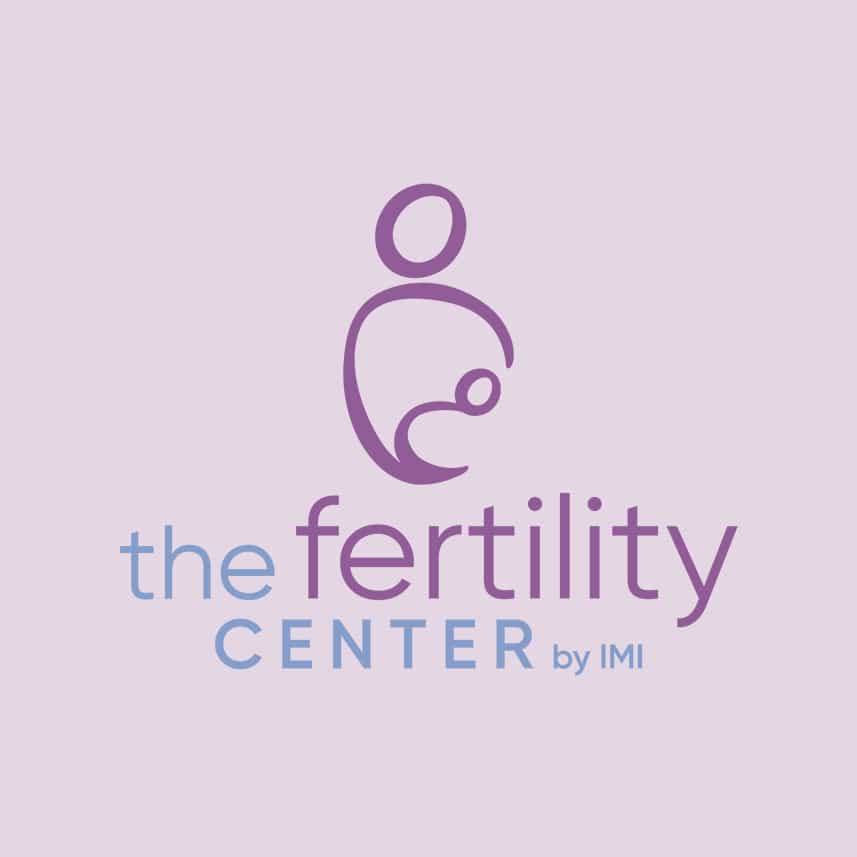
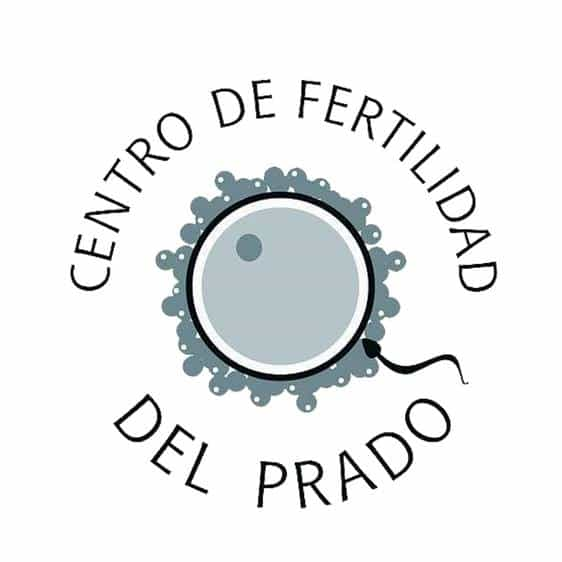

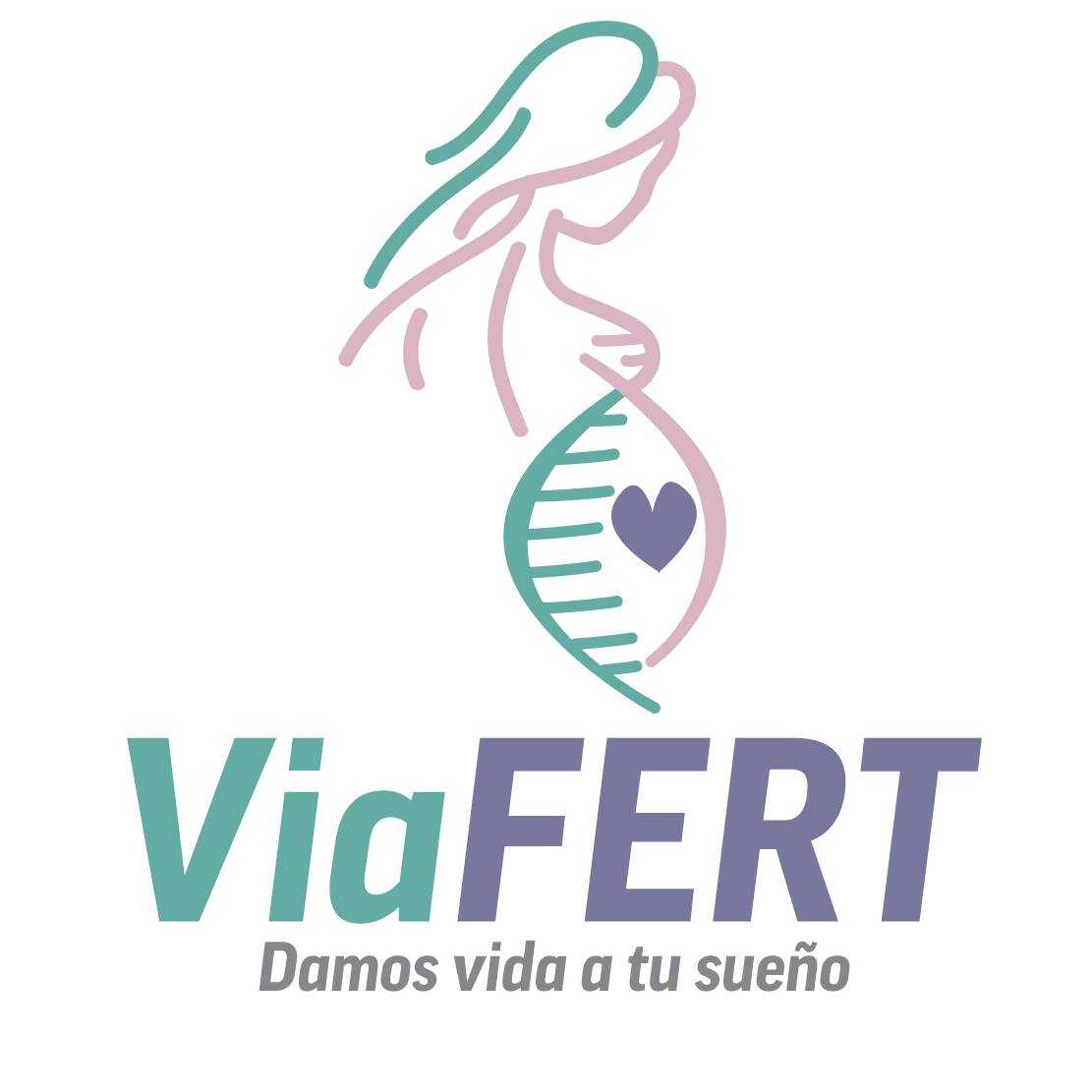

Share this listing